HR technology’s 2025 story: Acceleration, accountability and the real test for AI

If 2025 was the year AI became impossible to ignore, then 2026 can be the year HR leaders ensure their technology solutions strengthen, rather than divide, workplaces, writes HR Tech Chair Steve Boese.
Why HR must lead the charge in cybersecurity

Organisations in Singapore are elevating cybersecurity to a board-level priority as HR leaders take centre stage in shaping behaviour, accountability, and digital trust.
Singapore sees rising demand for digital-ESG talent as workforce expectations evolve

New regional insights reveal employees increasingly value meaningful work and development opportunities over pay, reshaping how organisations compete for talent.
Cracks in the system: Financial strain and payroll burnout threaten Singapore’s workforce

Half of Singapore’s workforce struggles financially, while payroll teams are overstretched, says Deel’s Karen Ng, underscoring the urgent need for payroll modernisation.
Malaysia incentivises hiring senior employees amid ageing population concerns

Malaysia targets ageing workforce challenges with tax perks for employers and restructured EPF withdrawals to ensure seniors’ income stability.
Malaysia tables landmark gig workers bill to safeguard 1.2 million workers
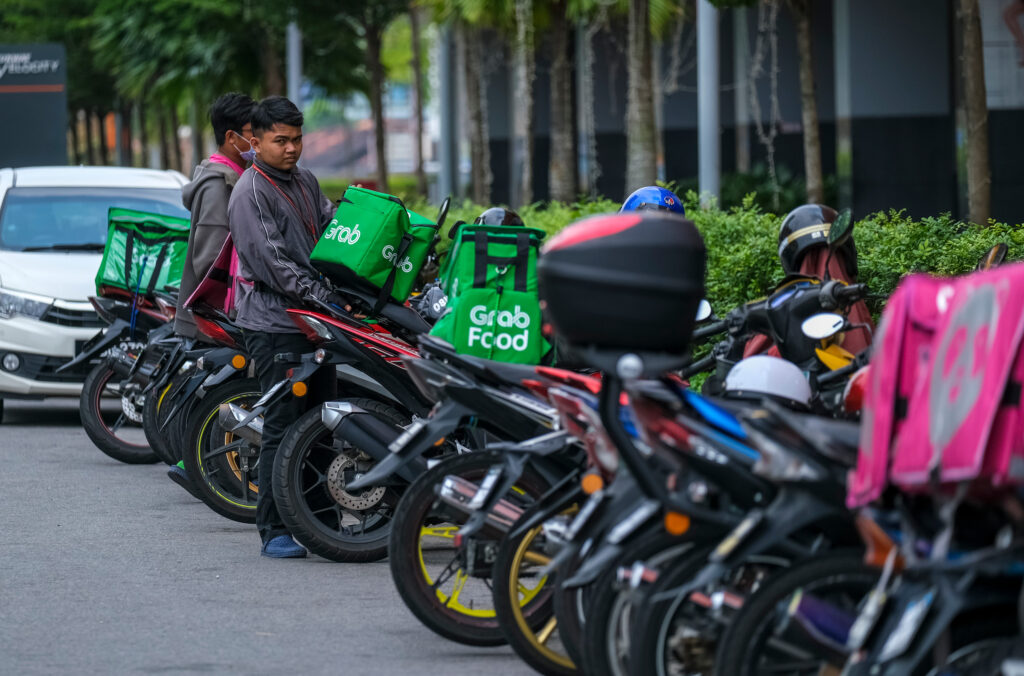
The Gig Workers Bill promises stronger social protection, fairer contracts, and dispute resolution for 1.2 million Malaysians in flexible work.
Malaysia weighs raising retirement age to 65 while safeguarding youth employment

Plans to raise Malaysia’s retirement age to 65 highlight efforts to balance older employees’ continued participation with employment prospects for graduates.
Global growth, simplified: Navigating cross-border expansion with confidence

Start-ups are scaling beyond borders, but doing so responsibly means building global teams with the right infrastructure, strategy, and support.
From chaos to control: Centralising global payroll with Remote

As organisations expand globally, managing payroll becomes a high-stakes challenge requiring precision, compliance, and a unified, tech-enabled solution.
Beyond the contract: How strategic benefits forge contractor loyalty in the blended workforce

Uncertainties, flexible workforce, contractor engagement, and compliance require a one-stop flexible solution for contractor management.
Flexible work, stronger culture: What HR needs to know now

As flexible work becomes non-negotiable, HR leaders must design people-first cultures that align remote success with business outcomes.
Why the contractor boom in Asia-Pacific demands a rethink on talent strategy

The contractor surge in Asia-Pacific signals opportunity but navigating compliance and crafting regionally smart benefits is now essential for growth.
The borderless workforce: Navigating the new era of global hiring in Asia-Pacific

Remote work is reshaping talent strategies across Asia-Pacific, promoting organisations to embrace global hiring, integrated platforms, and flexible workforce models.
Bill mandating P200 wage hike passed in the Philippines

The House of Representatives has approved a landmark P200 daily wage hike bill.
Hong Kong raises age cap for skilled foreign employees to address labour shortage

Hong Kong has raised the age limit for skilled foreign employees to 40 to tackle acute labour shortages in technical sectors.
Calls grow for flexible options as Malaysia considers raising retirement age

Malaysia’s proposal to raise the retirement age to 65 sparks calls for flexibility to support both older and younger employees.
HR Tech Asia 2025: Power Talks to tackle future of work challenges
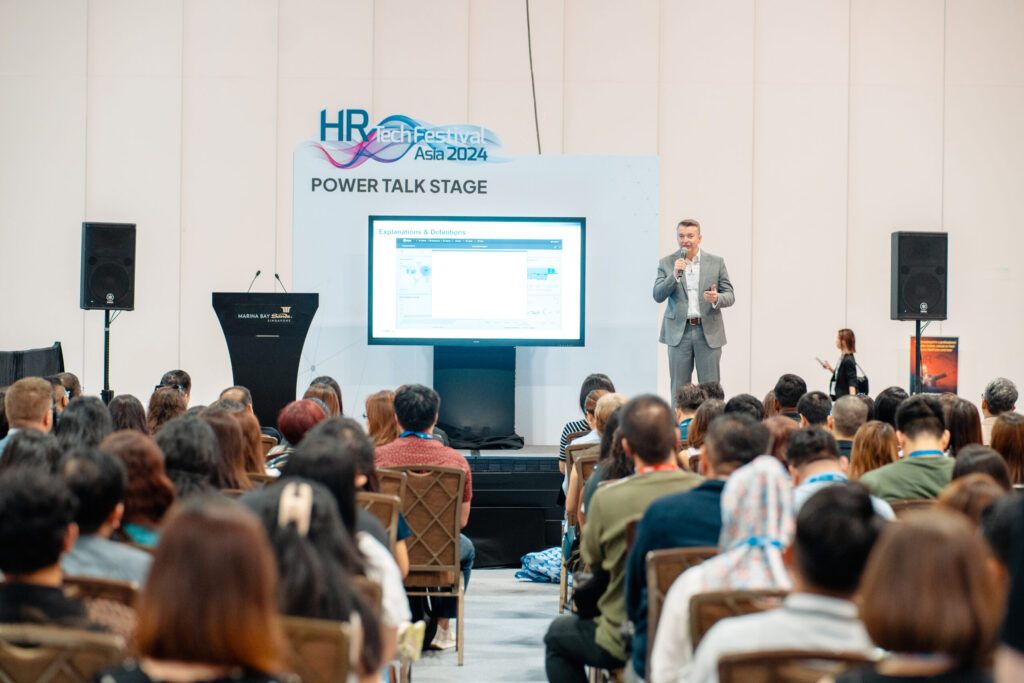
Discover cutting-edge HR strategies and game-changing ideas at HR Tech Asia 2025’s Power Talk Stage—where innovation meets action.
Singapore sets up national taskforce to safeguard jobs amid US tariff impact

Singapore launches task force to support businesses and employees as US tariffs threaten jobs, growth, and economic stability.
Malaysia to establish tripartite council to address wages in gig economy

Malaysia’s Gig Workers Bill nears completion, aiming to ensure fair wages and social protection without stifling sector growth.
Singapore’s manpower ministry charts strategic shifts to prepare workforce for future of work
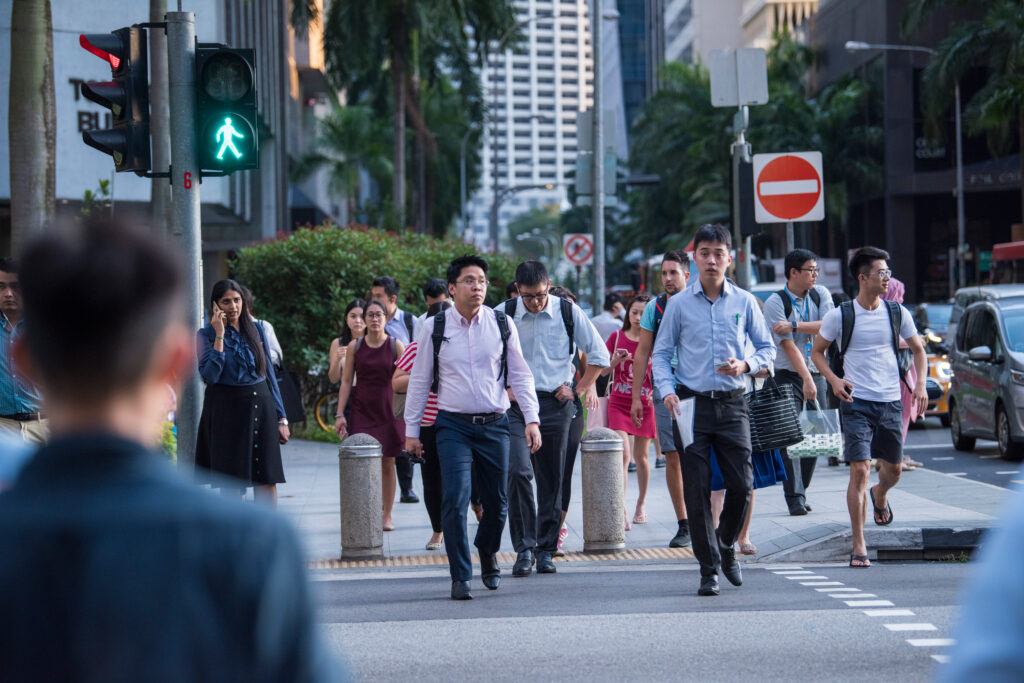
Singapore’s Ministry of Manpower is making strategic shifts to futureproof its workforce amid technological disruption and demographic change.
Australians back gender equality, but perception gaps persist in the workplace

Australians overwhelmingly support gender equality, but widespread misconceptions about workplace fairness risk slowing progress, new research reveals.
Indonesia urged to boost productivity to strengthen competitiveness

Indonesia must enhance productivity to stay competitive globally, as Manpower Minister Yassierli warns of lagging growth and calls for urgent action.
China’s labour unions push for fairer hiring practices for women

State-backed labour unions in Shenzhen, Hunan and Qinghai have mandated organisations to stop questioning female jobseekers about marriage and childbirth plans.
Hong Kong raises minimum wage to HK$42.10

Hong Kong’s statutory minimum wage will rise to HK$42.10 on Labour Day.
Singapore announces new funding measures to support workforce transformation
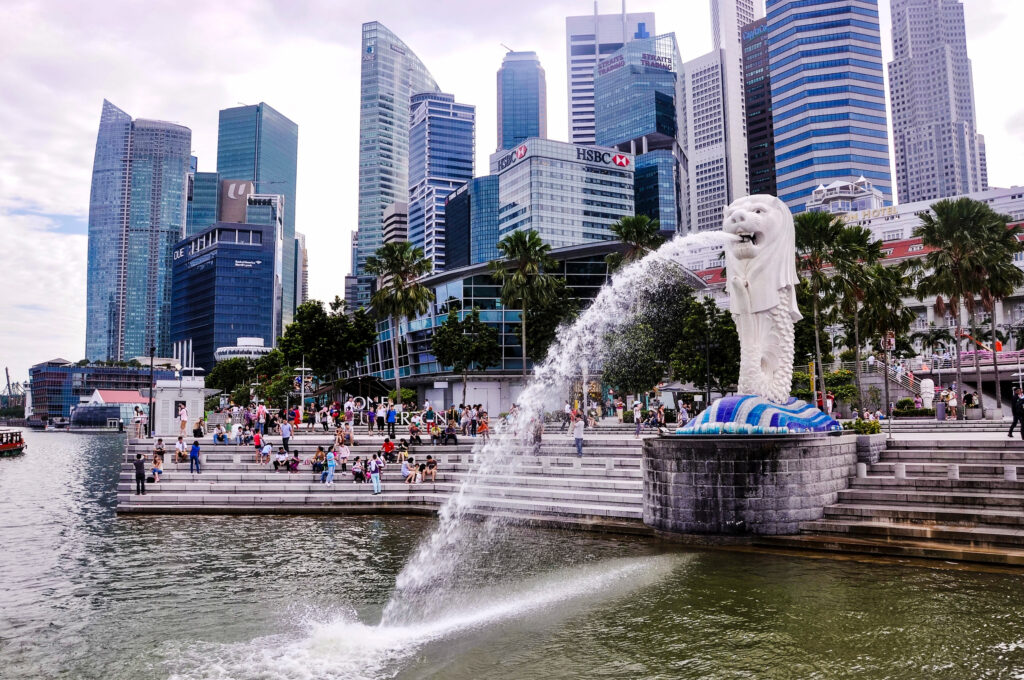
Singapore is ramping up workforce development efforts with expanded SkillsFuture training allowances, enhanced employer support, and leadership development initiatives.
Amazon and Accenture scale back DE&I efforts amid shifting corporate landscape
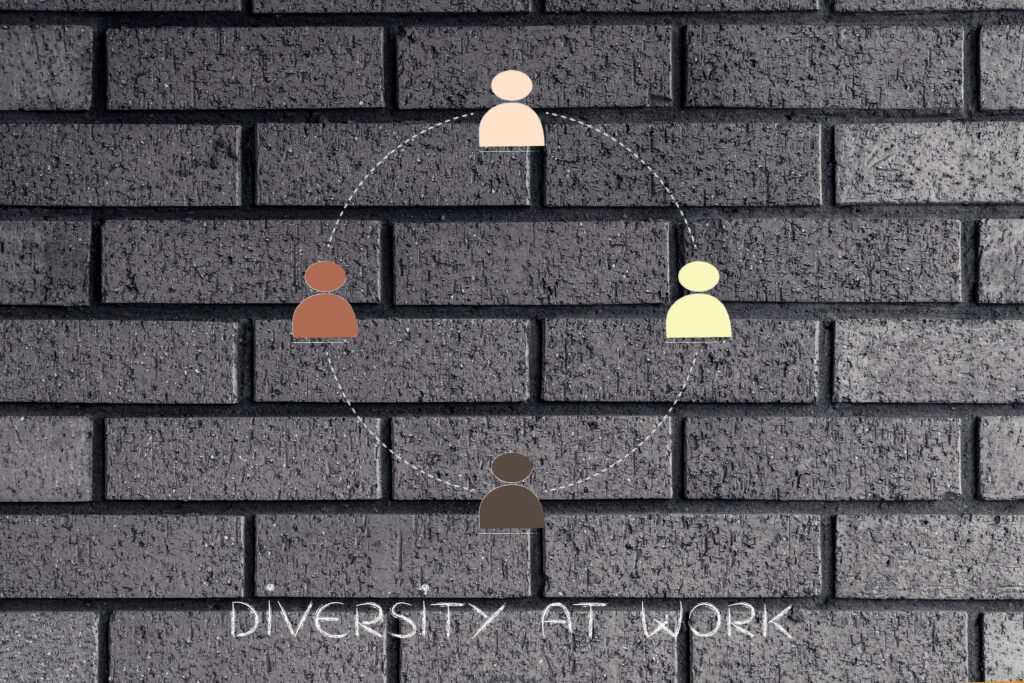
Amazon and Accenture are shifting DE&I strategies, integrating efforts into core business functions while scaling back standalone initiatives.
Malaysia approves Non-Occupational Accident Scheme, expanding coverage to gig workers

The newly approved SKBBK scheme will provide 24/7 protection for workers, including gig and remote employees, covering accidents outside of work.
Indonesia focuses on workforce transformation to boost global competitiveness

Indonesia is addressing workforce challenges by prioritising upskilling and reskilling to equip employees with digital and industry-specific skills for future growth.
New Zealand eases visa rules to attract digital nomads

New Zealand eases visa rules, inviting digital nomads to work remotely for up to 90 days to boost tourism and the economy.
Protecting people and data: HR’s role in data privacy

As organisations embrace AI, HR leaders must prioritise data privacy to protect sensitive information, build trust, and drive innovation.
